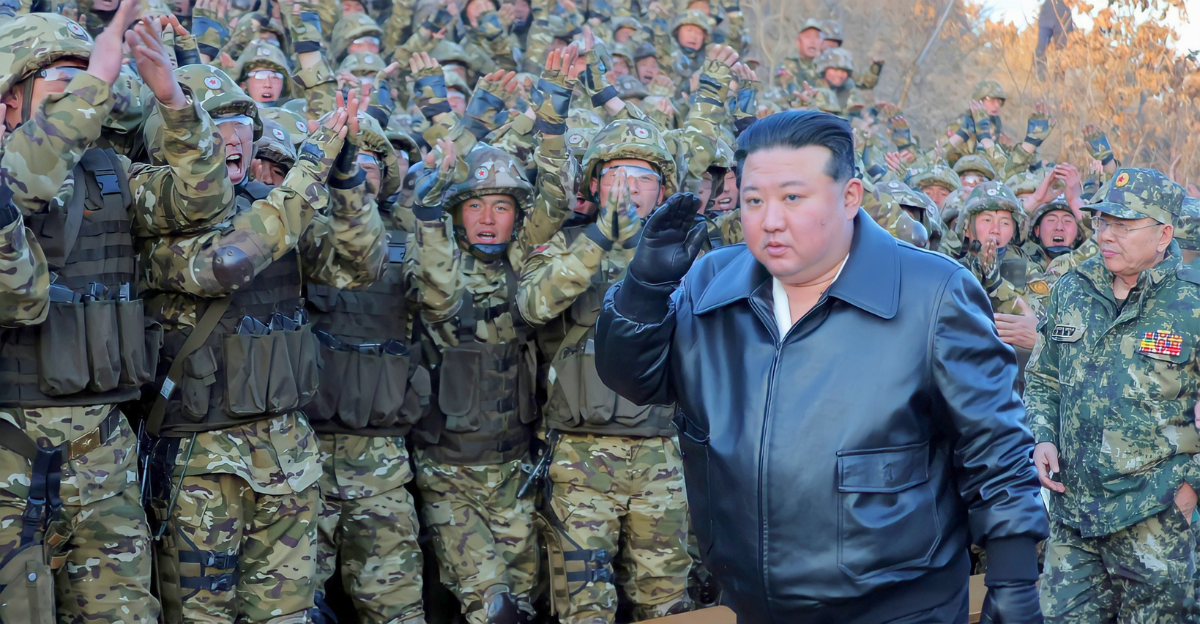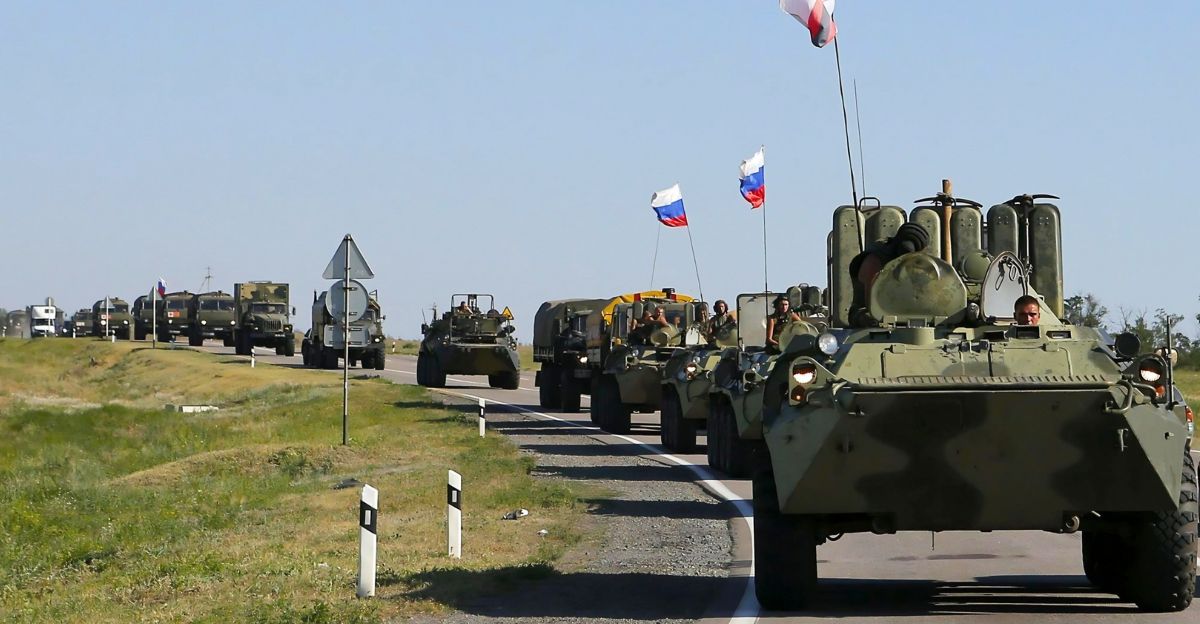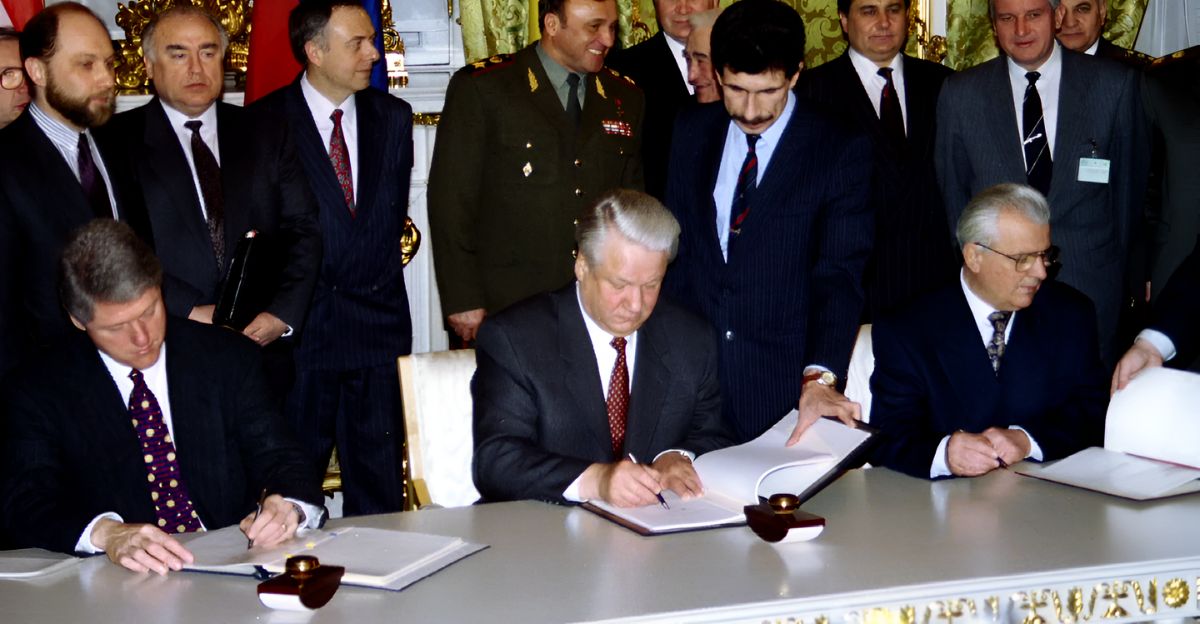
On July 5, 2025, a dramatic scene played out at a Moscow airport when, according to The Moscow Times, Russian authorities intercepted Konstantin Strukov, one of Russia’s top gold tycoons, from fleeing the country aboard his $50 million private jet.
Strukov, the owner of Yuzhuralzoloto, Russia’s third-largest gold producer, was quickly detained at Chelyabinsk airport. Officials confiscated his international passport, and the flight was abruptly canceled. This happened just days before a court hearing to nationalize his assets, signaling a new phase in the Kremlin’s crackdown on oligarchs and strategic industries.
The Magnate’s Rise
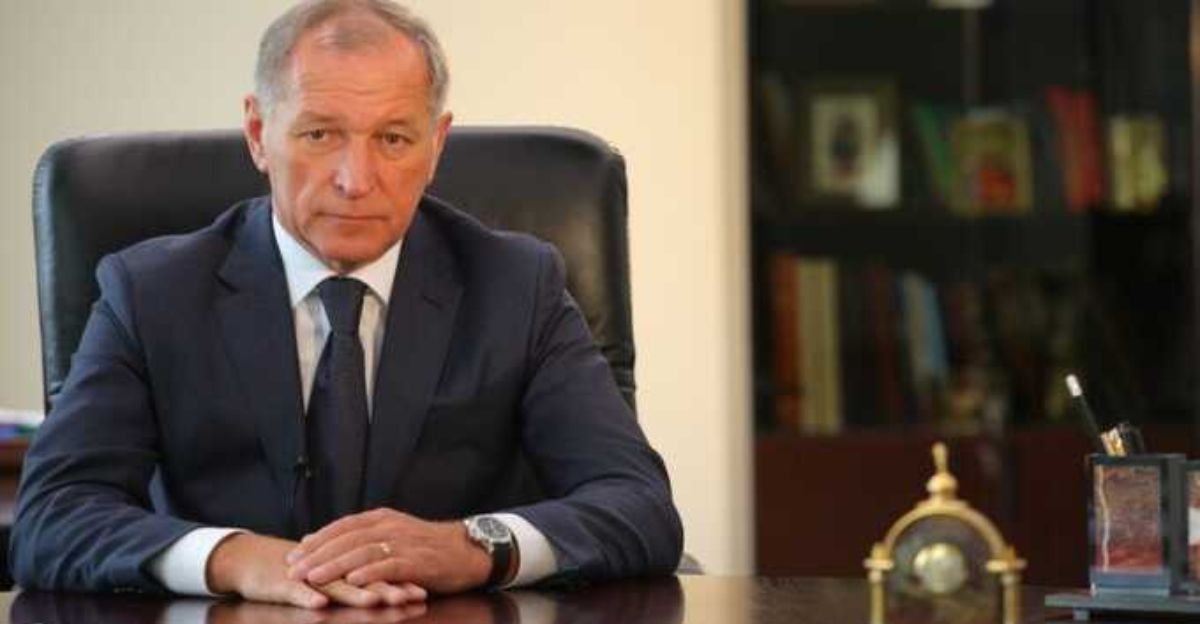
Konstantin Strukov built his gold empire from humble beginnings in the Orenburg region. During the 1990s, he bought Yuzhuralzoloto, which began as a Soviet state enterprise in 1976. By the mid-1990s, the company was struggling when Strukov took over in 1997. Through a controversial restructuring, he moved essential assets, like the valuable Svetlinsky gold deposit, into a new company with the same name, after which the original firm declared bankruptcy.
That was how Strukov turned Yuzhuralzoloto into a powerhouse, amassing a fortune estimated at $1.9 billion, according to Forbes. His close ties to political circles and membership in the United Russia party cemented his status among the country’s elite.
Asset Seizure Campaign
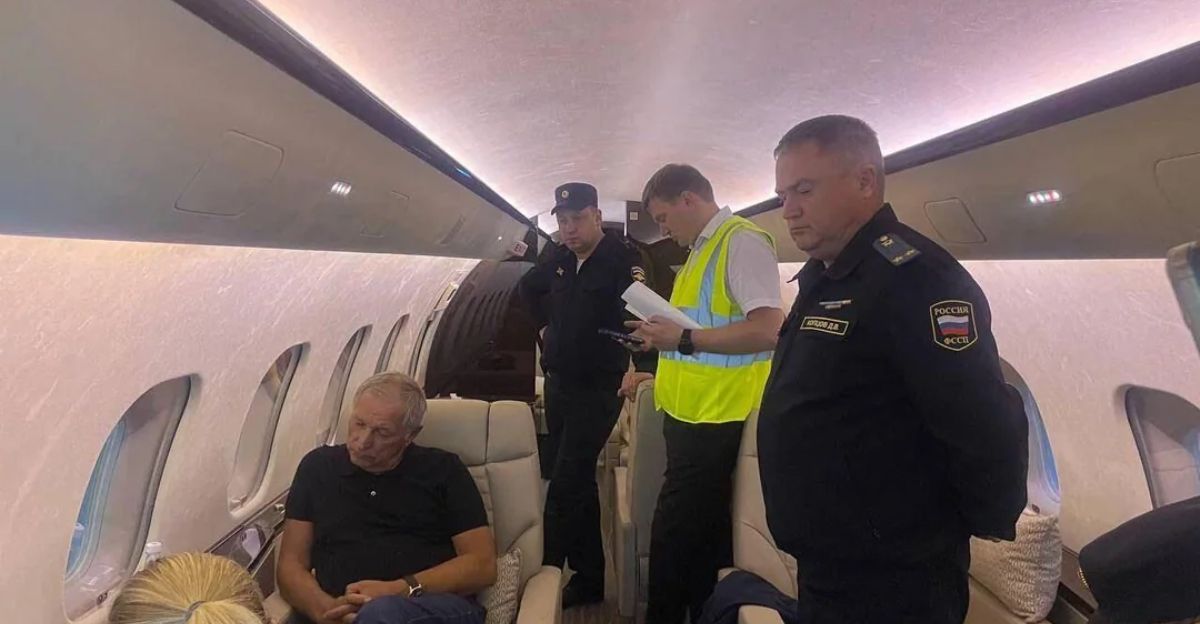
The Russian government has ramped up its efforts to nationalize assets from foreign investors and domestic tycoons. Strukov’s arrest is part of a wider campaign targeting billionaires accused of corruption or stashing wealth overseas. In 2024 alone, the state reclaimed almost 70 companies with revenues over $10 billion.
Strukov had been under a court order prohibiting him from leaving the country, though he previously denied any intention of trying to escape prosecution, claiming, “There’s nowhere for me to go.”
Legal Onslaught

According to The Economic Times, prosecutors believe that Strukov built his wealth through illegal tactics, like the misuse of bankruptcy procedures and moving assets to relatives in so-called “unfriendly” countries.
Investigators have already raided Yuzhuralzoloto’s headquarters, and court proceedings aim to transfer Strukov’s controlling stake to the state.
Family and Foreign Ties
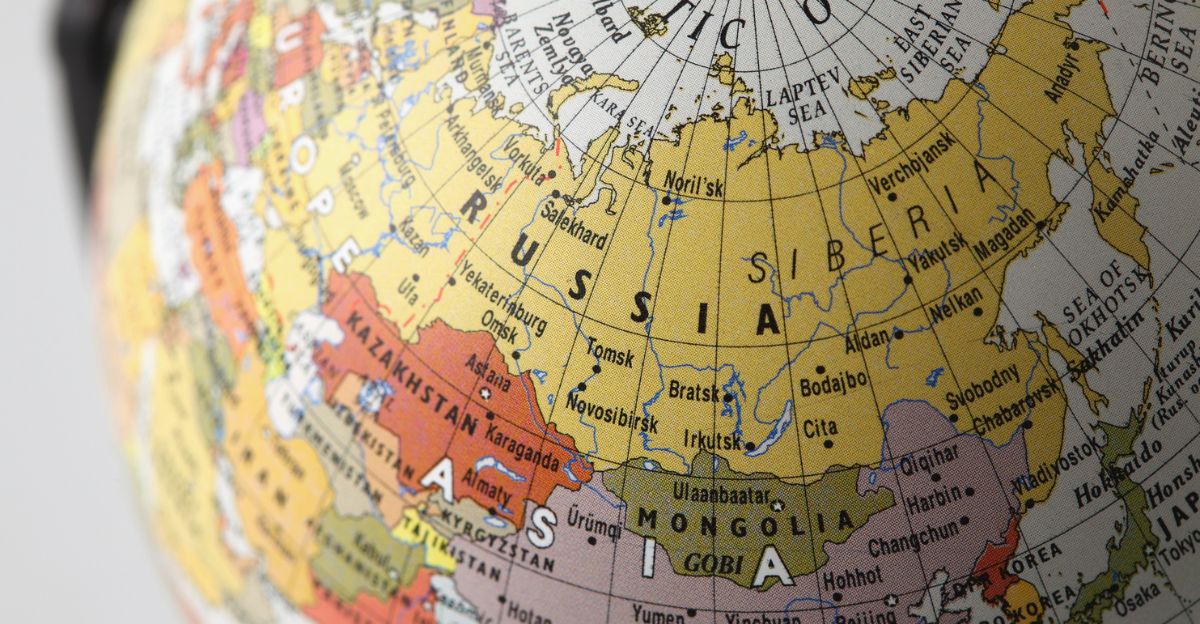
The situation is even more complex because Strukov’s daughter, Alexandra, is a Swiss citizen, according to The Moscow Times. Russian law prohibits officials from pursuing private business interests.
Authorities say that parts of Strukov’s gold business are officially registered under her name. This has led them to suspect that Strukov was trying to hide or protect his assets by putting them in his daughter’s name.
The Kremlin’s Motives
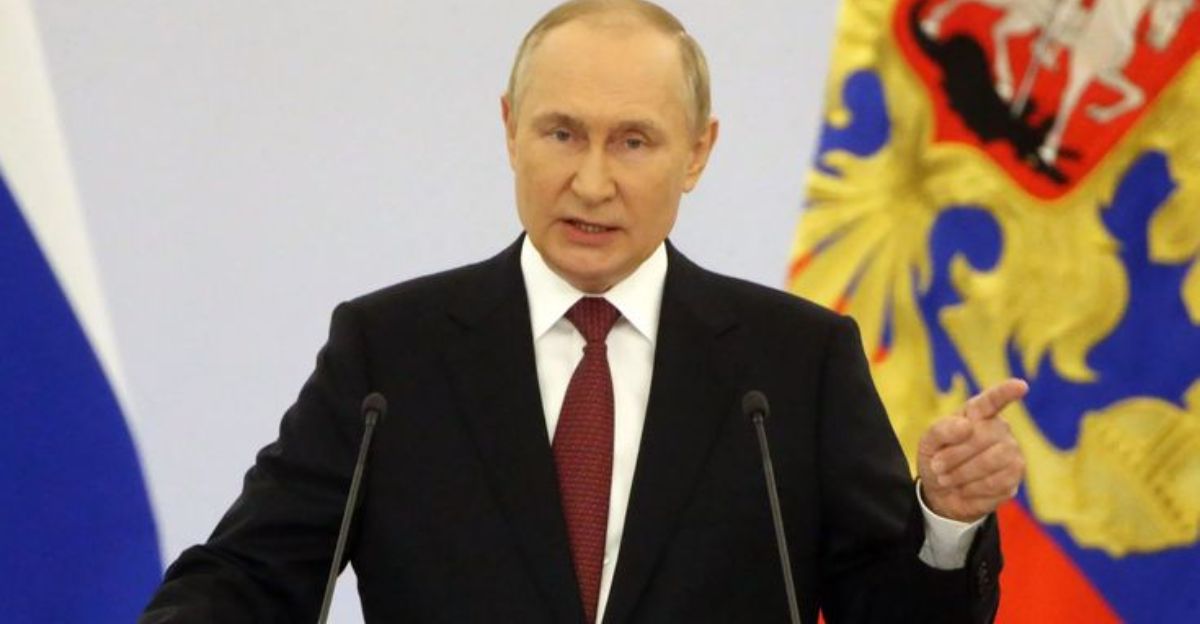
Analysts view the crackdown as an attempt by the Kremlin to consolidate control over strategic resources amid the economic strain of the war in Ukraine.
Gold, which is now a key reserve asset for Russia, has climbed in value, making the industry an especially appealing target for state control.
The Military Purge
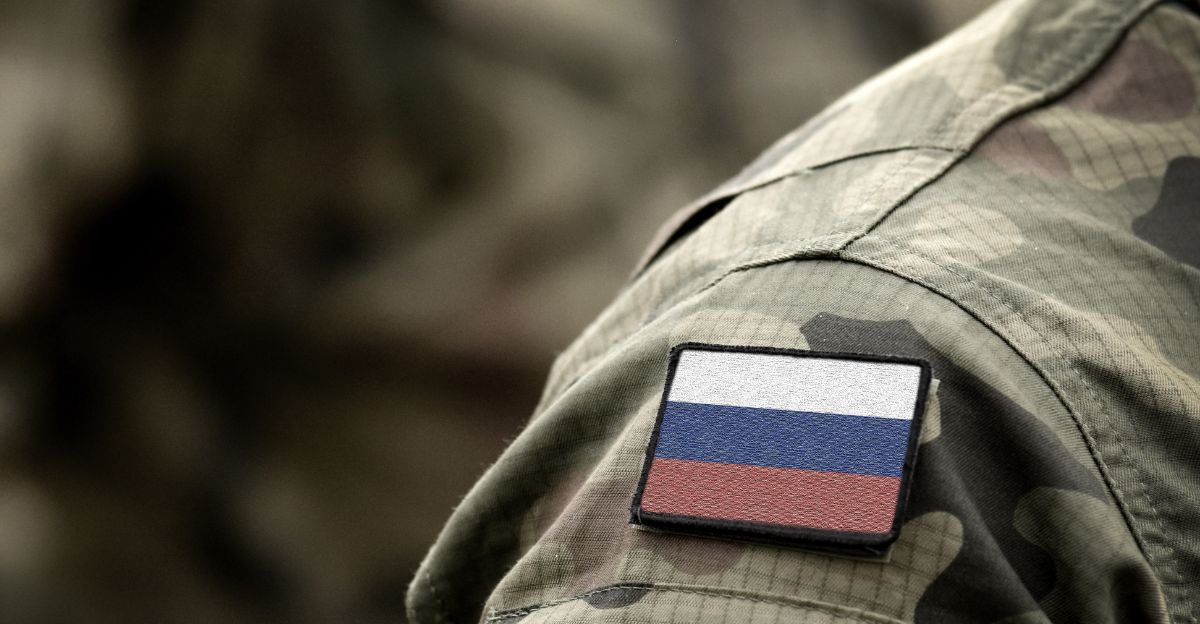
At the same time, Russia’s Defense Ministry is facing a broad purge, with dozens of high-ranking officials, including former deputies, detained or reassigned.
This “rotation through repression” is designed to strengthen the Kremlin’s control over military spending and eliminate rival power bases.
Oligarchs on Edge
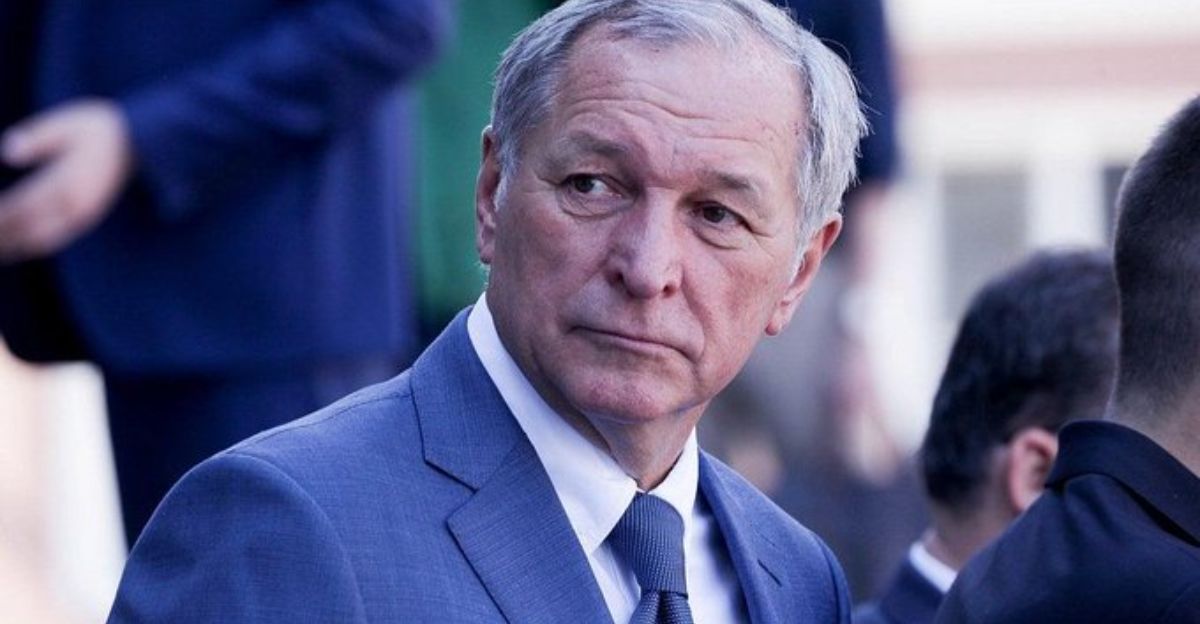
Strukov’s downfall has sent shockwaves through Russia’s business elite, prompting many wealthy Russians to look for safe havens overseas as they worry about facing similar asset seizures or criminal charges.
The climate for entrepreneurs has become increasingly hostile, particularly for people with connections abroad.
Denials and Uncertainty

Strukov’s team has denied all accusations that he tried to flee, saying he was in Moscow at the time of the supposed escape.
Nevertheless, authorities are moving forward with legal proceedings, leaving the company’s future uncertain as its shares plummet and operations face disruption.
A New Era of Control

The Strukov story signals a major shift in Russia’s handling of wealth and influence.
As the government reasserts control over key sectors and purges its military ranks, the message is clear: loyalty is no longer a shield, and the state’s reach is absolute.

